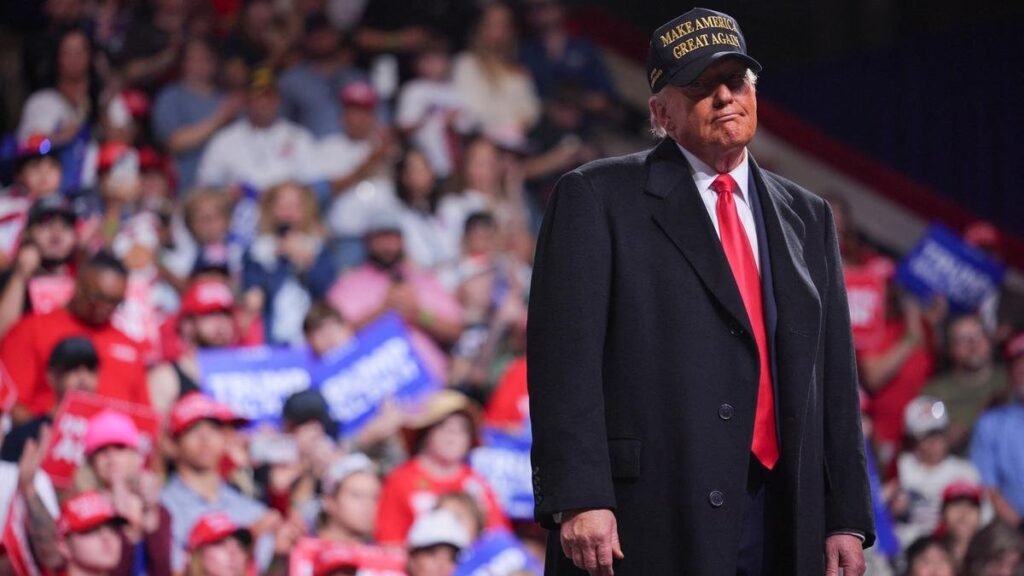In a rally just two days before the presidential election, Donald Trump made alarming remarks about violence against journalists and expressed regret over leaving the White House after his 2020 loss to Joe Biden. During his speech in Lancaster, Pennsylvania, he cast doubt on the integrity of the electoral process and revived old grievances, describing national leadership as “grossly incompetent.”
Trump drew attention to the ballistic glass protecting him at events, stating, “To get me, somebody would have to shoot through the fake news. And I don’t mind that so much.” Such comments have sparked significant backlash, highlighting a troubling attitude toward violence against those he perceives as adversaries.
As Election Day approaches, Trump continues to propagate the idea that he can only lose if cheated, despite polls indicating a competitive race. His recent rhetoric has shifted from disciplined campaigning to controversial outbursts, including personal attacks on figures like former national security adviser John Bolton.
In stark contrast, Vice President Kamala Harris campaigned in Michigan, advocating for unity and emphasizing the importance of fair elections. She urged voters to reject Trump’s divisive tactics, reinforcing confidence in the electoral process.
This shift in Trump’s messaging raises critical concerns about the implications for democracy and the upcoming election. His disregard for his aides’ advice in favor of conspiracy-laden discussions signals a potential escalation in his rhetoric as he navigates a tight race.


